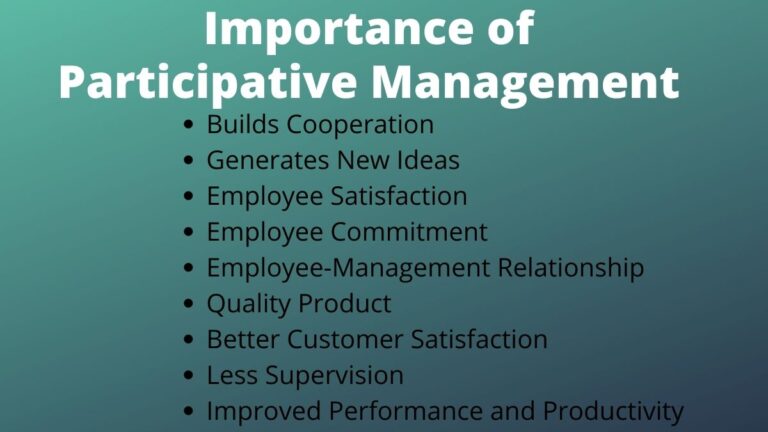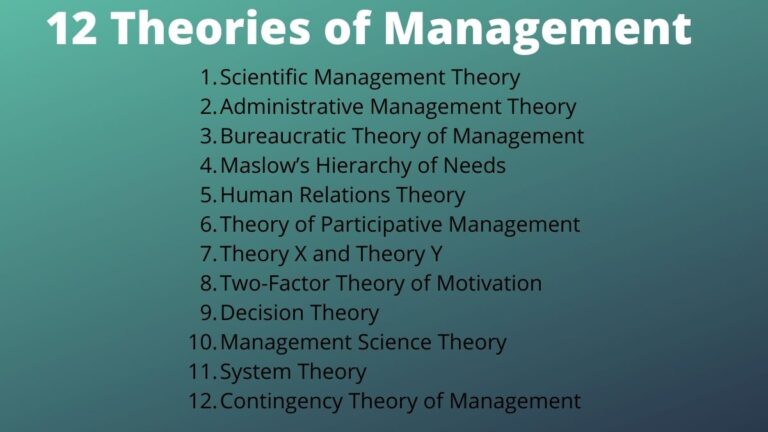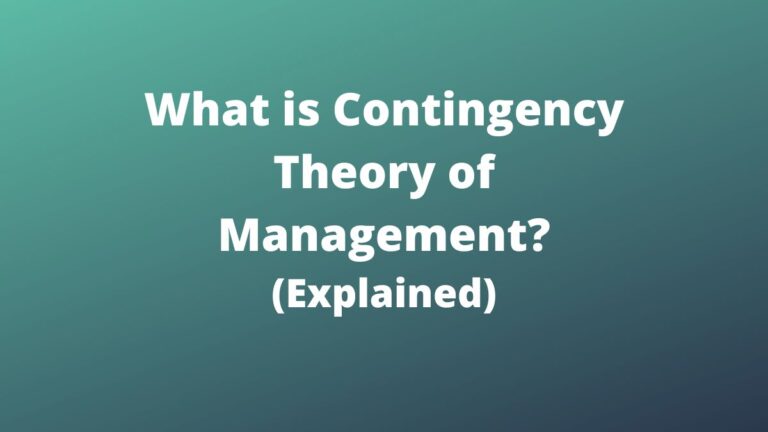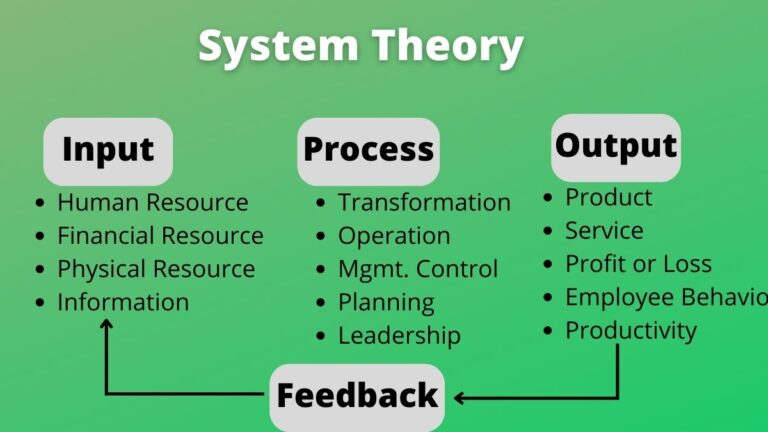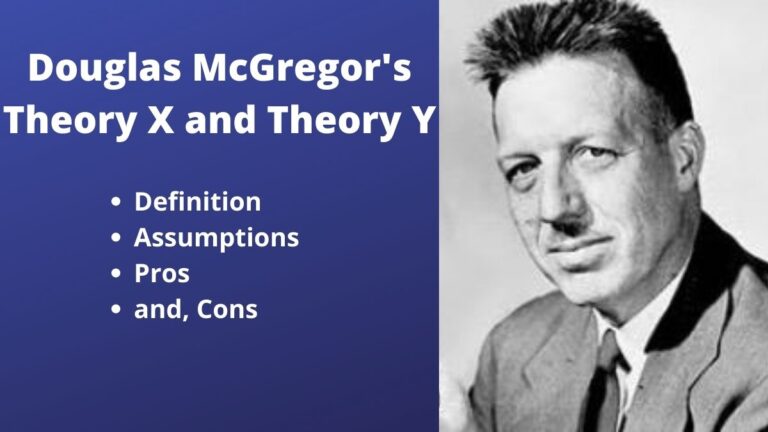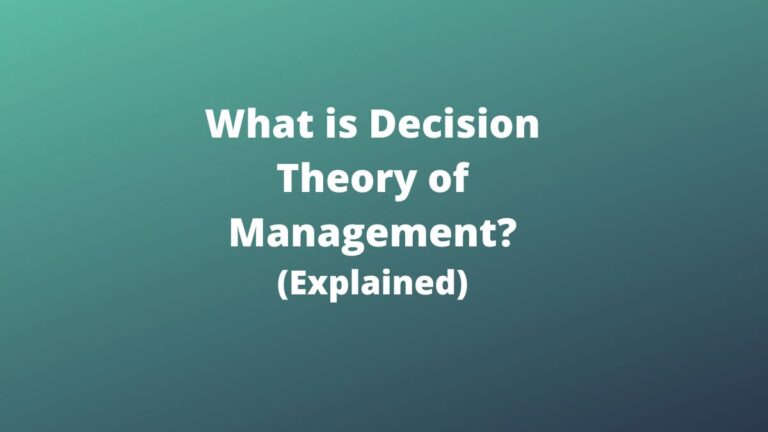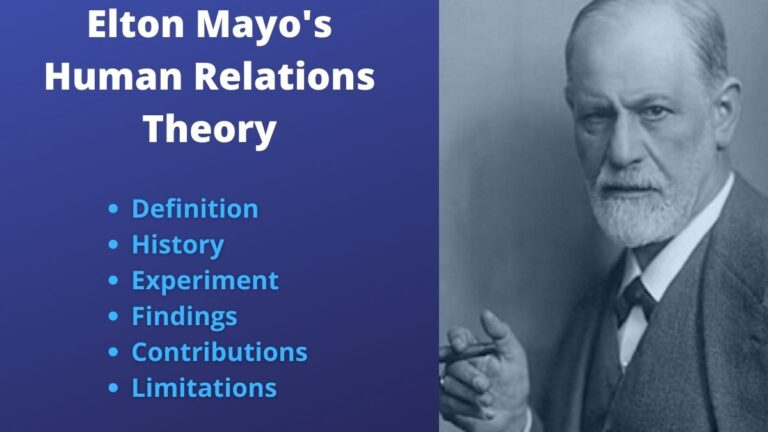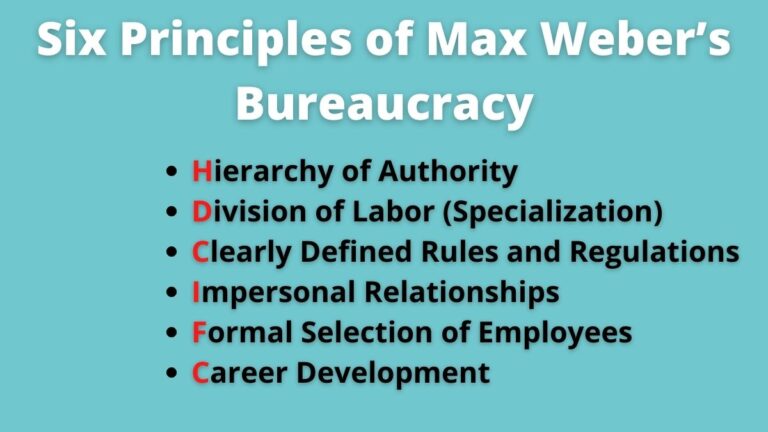What is Participative Management? Definition, Features, Levels, Objective, Strategies, & Pros/Cons
It is said that employees are the ones who have actual knowledge of the market, customers, and the outside world of an organization. If so, they can certainly add up valuable information to management decisions. Participative management is one that ensures this – let’s discuss what it is and its different aspects. What is Participative…

